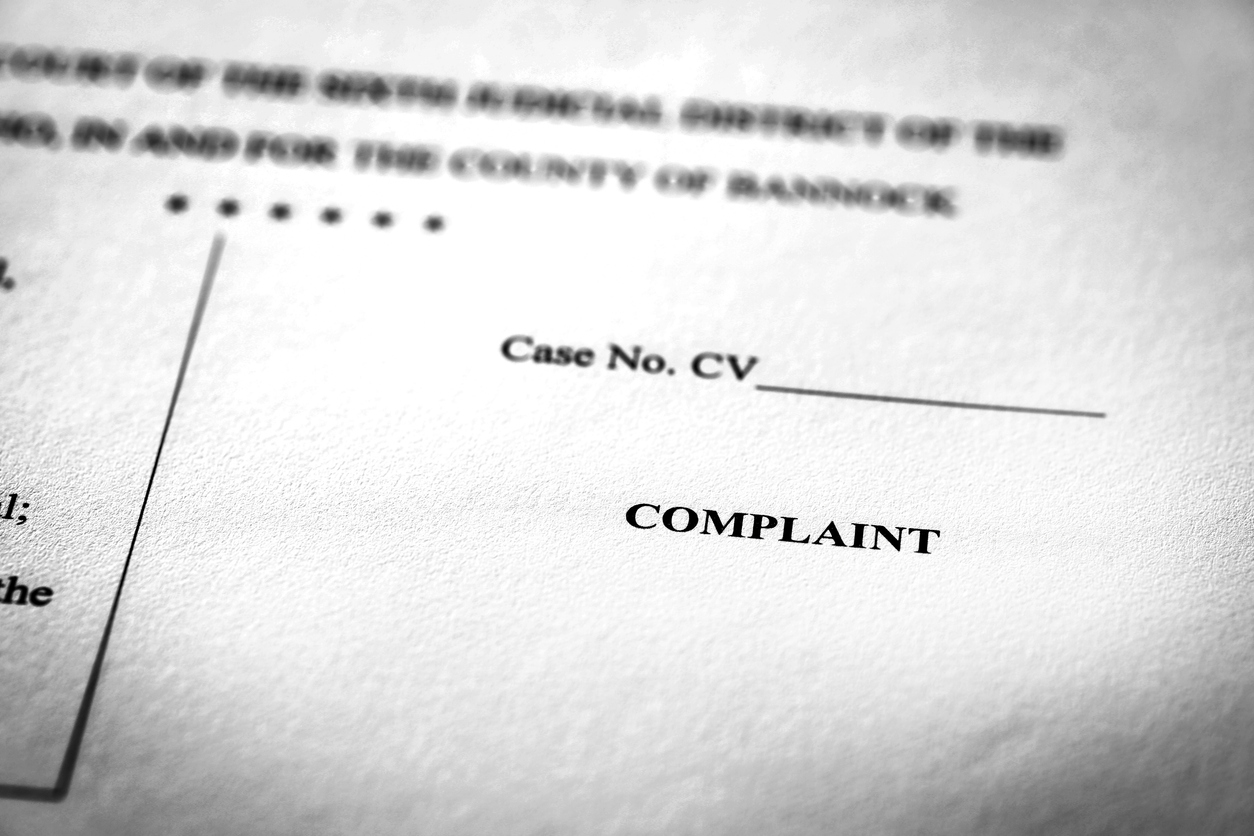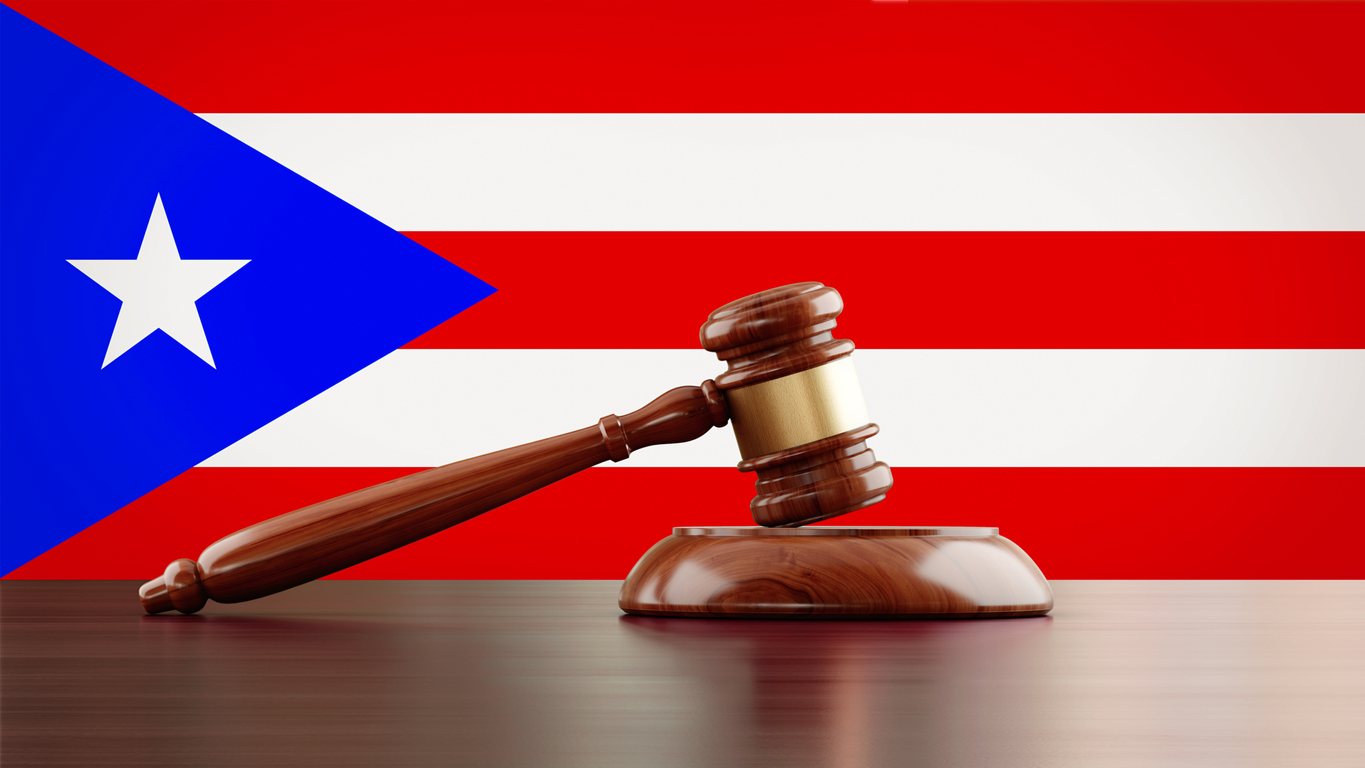Hurricane season 2019 is officially underway, and so now is the time to take action and prepare before a possible hurricane threat. It’s imperative that policyholders understand the coverage and rights provided under their insurance policy. Therefore, one of the first things a policyholder should do is request a copy of their insurance policy now and confirm that they have the coverages provided are correct and appropriate for the type of property or interest being insured. Additionally, the policyholders should have a good understanding of the exclusions provided under their insurance policy, in other words, what is not covered under their policy if they suffer a hurricane loss.
Second, it is important for the policyholders to understand the process they can expect and steps they will need to complete when bringing a property insurance claim. Generally, there are certain requirements associated with this process, including but not limited to, providing prompt notice of the property damage to the insurance company, providing all documents related to the property damages and complying with any deadlines provided within the policy. These actions by the insured will in turn allow the insurance company to perform a proper claim evaluation and adjustment.
Puerto Rico’s Insurance Code establishes that policyholders may present a complaint or notify the Insurance Commissioner of Puerto Rico of any unfair claims practices by their insurance carrier. The policyholder should be specific regarding the unfair actions the insurer has allegedly committed. Puerto Rico’s Insurance Code defines the following actions during the adjustment of a claim as unfair settlement and claims handling:1
- Misrepresentation of facts or the terms of a policy relative to a coverage in dispute.
- Fail to acknowledge receipt and act reasonably prompt within 90 days after a claim has been filed and notified under the terms of a policy.
- Fail to adopt and implement reasonable methods for the expeditious investigation of claims which may arise from the terms of a policy.
- Refuse to pay a claim without carrying out a reasonable investigation based on the information available.
- Refuse to confirm or deny coverage of a claim within a reasonable time after the proof of loss is completed.
- Not attempting, in Good faith, to make a rapid, fair, and equitable adjustment of a claim when liability is clearly present.
- Compel insureds or claimants to institute litigation to recover amounts due under terms of the policy, by offering the insured claimant substantially less than amounts ultimately recovered in actions brought or by wrongfully denying coverage under the terms of the policy.
- Attempt to settle a claim for less than the amount to which the claimant or insured is reasonably entitled to by reference to the written or printed material sent to him/her or that was made part of the application.
- Attempt to settle a claim based on an altered application without the consent or knowledge of the insured.
- Make payments of claim to the insured or beneficiaries which are not accompanied by a statement showing the coverage under which payment is made.
- Asserting to insured or claimants a policy of appealing from arbitration awards in favor of insureds or claimants for the purpose of compelling them to accept settlements or compromises less than the amount awarded in arbitration.
- Failure to settle claims promptly under one coverage of a policy where liability is reasonably clear in order to influence settlements under other coverages of the policy.
- Failure to provide promptly a reasonable and proper explanation of the basis for a denial of claim or transaction based on facts or the applicable statute.
- Delaying investigation or payment of claims by requiring a claimant, insured or the physician of either to submit a preliminary claim report and then requiring subsequent submissions, which contain substantially the same information.
- Deny the existence of coverage under the policy when the insured rejected a payment offer for a claim under that coverage.
- Denial of payment for a valid claim only upon the mere suspicion that fraud or false representations have been made.
- Failure to issue a payment for the claim under the pretext of lack of information when information could have been obtained through other ordinary investigation methods.
- [Reserved]
- Requiring a first-party claimant to sign a release that extends beyond the subject matter that gave rise to the claim payment.
- Requiring unreasonable conditions to the insured or claimant in order to make a claim adjustment or delay the process.
Puerto Rico’s Insurance Code also requires that insurance companies resolve a claim within 90 days of receiving notice of the loss or present just cause for exceeding this 90-day period.2 However, if the Insurance Commissioner of Puerto Rico determines that a claim is being improperly delayed, the Commissioner can then order the immediate resolution of all or part of that claim. A claim will be considered solved upon the constitution of one of the following acts:3
- Full payment of the claim.
- A written denial, along with a proper explanation of the basis for the denial.
- Closing the file due to the inactivity of the insured, when the claimant does not cooperate or does not provide the information necessary for the insurer to adjust the claim.
If you believe that your insurance carrier has committed any one of the above -mentioned unfair settlement and claims handling acts during the adjustment of your claim, you should notify the Insurance Commissioner of Puerto Rico and, if necessary, consider contacting an attorney with a solid understanding of this area of law.
__________________________________________
1 Laws of Puerto Rico, Unfair claim adjustment practices or actions. (26 L.P.R.A. § 2716a).
2 Laws of Puerto Rico, Term for resolution of claims. (26 L.P.R.A. § 2716b) (1).
3 Laws of Puerto Rico, Methods to settle a claim. (26 L.P.R.A. § 2716c).



